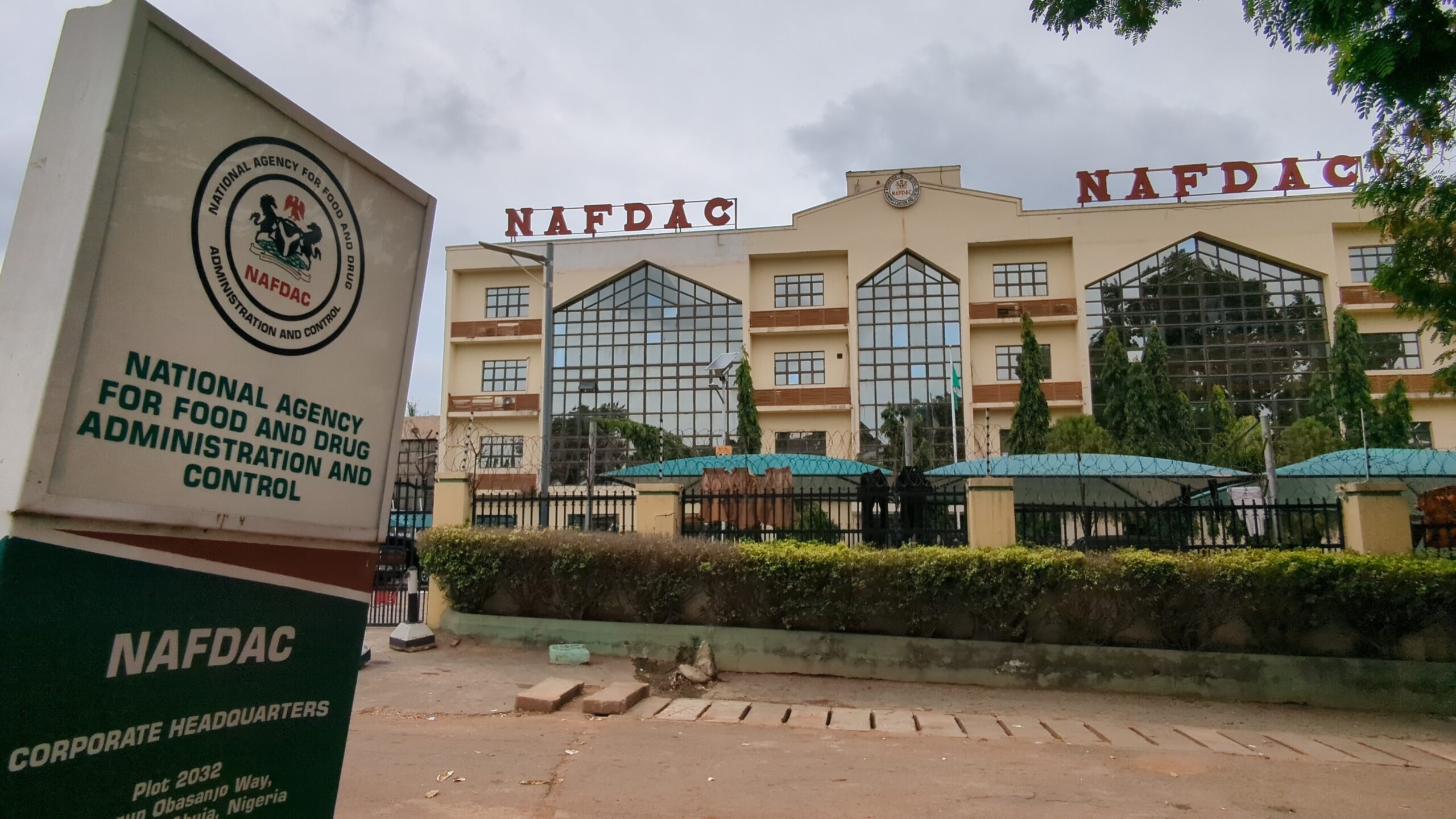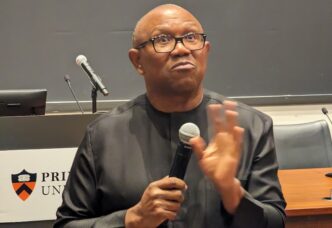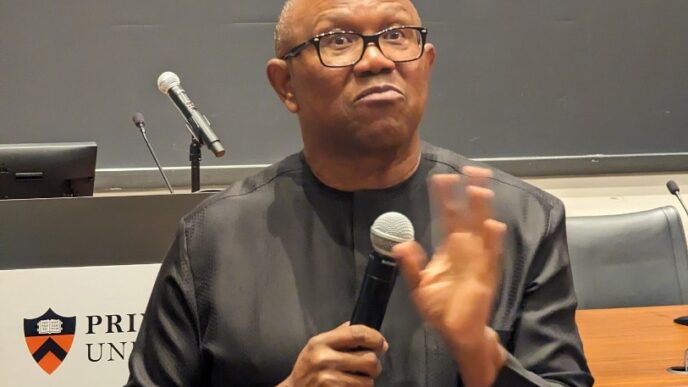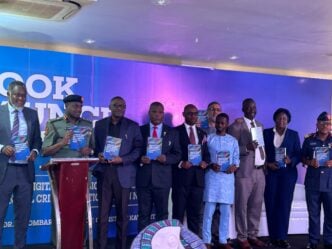File photo of an EFCC operative
The Network for the Actualisation of Social Growth and Viable Development (NEFGAD), a public procurement advocacy group, has faulted the recent moves against the Economic and Financial Crimes Commission (EFCC).
Recently, attorneys-general of 16 states of the federation filed a suit challenging the constitutionality of the law establishing the EFCC.
The states argued that in enacting the law in 2004, the national assembly failed to adhere to section 12 of the 1999 Constitution (as amended), which governs the incorporation of international treaties into domestic law.
They noted that the EFCC Act cannot be applied to states that did not give their consent to its creation.
Advertisement
The supreme court had fixed October 22 to hear the suit filed by the 16 states.
In two letters addressed to the constitution review committees of the senate and house of representatives, Olisa Agbakoba, a former president of the Nigerian Bar Association (NBA), said EFCC was not constitutionally established.
However, in a statement released on Friday, Akingunola Omoniyi, country head of NEFGAD, faulted the Agbakoba’s arguments against the establishment of the EFCC.
Advertisement
Omoniyi said the letters by the former NBA president “shouldn’t have come at a time when a matter of some states challenging the establishment of EFCC is pending before the supreme court”.
He argued that the EFCC was legally established based on an act of the parliament, adding that states cannot decide which law to obey.
“Mr. Agbakoba’s assertion that the power with which the EFCC was established goes beyond the power of the national assembly is constitutionally unfounded,” the statement reads.
“As an organisation, we do hope that the learned silk took time to read through part 11 of second schedule of the constitution of the Federal Republic of Nigeria 1999 (as amended) to see the legislative powers of the national assembly as regards lawmaking for the peace, order, and good government of the federation and any part thereof.
Advertisement
“With due respect, Mr. Agbakoba should also be reminded that the first item on the exclusive legislative list on which some corrupt and disgruntled elements within the system are relying on their journey to nowhere emphasised succinctly about the accounts of the government of the federation, including its audit.
“If the constitution speaks expressly about the federation account and its audits; hence, it is incumbent on the same federal government that is generating the money on behalf of the entire federation to create an institution that will monitor and/or police the accounts; this is exactly what the EFCC is established to achieve across the country among other financial and economic crimes.
“As contained in its establishment act, the EFCC is strictly a law enforcement agency, serving as a coordinating office on financial crimes.
“The inclusion of these agencies in the EFCC board, particularly the Department of State Services (DSS), the Nigeria Police Force, and the Nigeria Immigration Service, whose establishment acts equally emanated from the national assembly and are providing security, immigration, and other exclusive services for states, should be enough to tell Mr. Agbakaoba and others that states cannot isolate themselves completely from the federal government and or choose the laws to obey by themselves, not even on those that border on protecting our common patrimony or revenue derived from the federation account.
Advertisement
“It is to be noted that no human and/or or organisation is perfect, and the EFCC is not an exception, but throwing away the baby with the bathwater is what we will not tolerate, and we are ready to mobilise all Nigerians home and abroad to stand against any sinister motive aimed at stifling the operations of the commission.”
Advertisement
Add a comment








